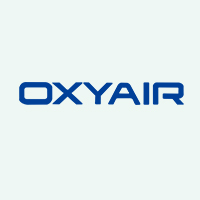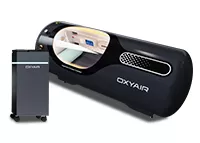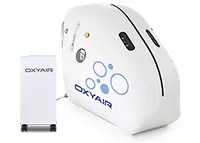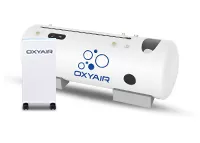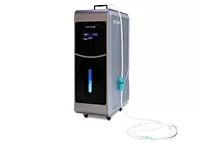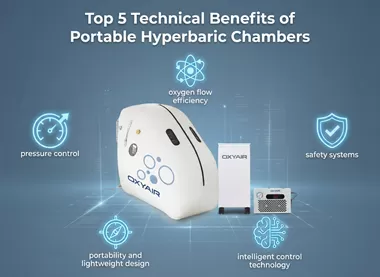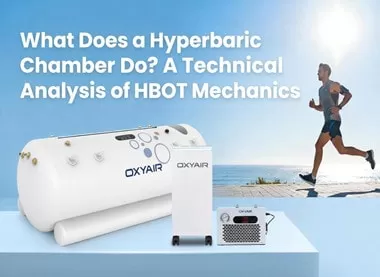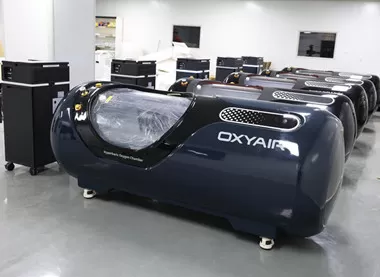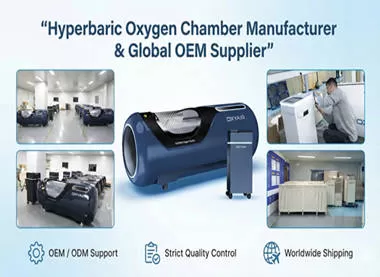Does Hyperbaric Oxygen Therapy Help With Dementia
Dementia, especially Alzheimer's Disease (AD), is a great challenge to the global aging society. Patients suffer from memory loss, cognitive impairment, and inability to take care of themselves in daily life, which seriously affects the quality of life of individuals and the well-being of families.
Hyperbaric Oxygen Therapy (HBOT) has attracted attention in recent years - could this traditional treatment for decompression sickness, wound failure, and carbon dioxide toxicity offer new hope for dementia? HBOT works by providing a pure oxygen environment at well above atmospheric pressure in a sealed chamber, which increases oxygen levels in the blood and brain tissue, which theoretically helps to improve cerebral hypoxia. This could be a new direction worth exploring.
What is Hyperbaric Oxygen Therapy (HBOT)?
Hyperbaric Oxygen Therapy (HBOT) is a type of treatment in which the patient is placed in a closed hyperbaric chamber and breathes a high concentration of pure oxygen. At atmospheric pressure, about 21% of the air we breathe is oxygen; in a hyperbaric chamber, the oxygen concentration can reach 95%-100% and the ambient pressure is usually 1.5 to 3 atmospheres.
In this environment, oxygen solubility is significantly increased, not only transported via red blood cells, but also dissolved into the plasma and into the microcirculatory system and brain tissue.
This mechanism makes HBOT an adjunctive therapeutic option for many chronic hypoxic diseases (e.g., traumatic brain injury, stroke, diabetic foot ulcers).
The relationship between dementia and brain hypoxia
Dementia, especially Alzheimer's disease, is fundamentally characterized by progressive decline in cognitive function, closely linked to brain cell death and damage to neural networks. Studies have found that:
Alzheimer's patients often have insufficient blood flow to the brain;
Abnormal deposition of β-amyloid (Aβ) and Tau proteins affects neural conduction;
Inflammatory responses and oxidative stress in the brain exacerbate cellular damage.
These factors together lead to a state of “chronic hypoxia” in the brain, which accelerates neurodegeneration. HBOT is an innovative treatment that has the potential to alleviate brain hypoxia and reduce neuroinflammation.

Rationale for HBOT: Why is it expected to work in dementia?
Relieve cerebral hypoxia and enhance blood oxygen supply
People with dementia often suffer from microvascular disease and insufficient cerebral blood flow, resulting in a chronic state of low oxygen in the brain. HBOT can significantly increase the oxygen level in the blood under high pressure and enhance the supply of oxygen to the microcirculation of the brain, which can help to reverse the effects of the hypoxic environment on the neuronal cells.
Promote Neural Regeneration and Neovascularization
Studies have shown that HBOT stimulates stem cell activity, increases angiogenesis in the brain, and promotes neuroplasticity. These responses provide the basis for the cognitive repair required in dementia.
Anti-inflammatory and antioxidant: inhibit neurodegeneration
Chronic inflammation (e.g. IL-1β, TGF-β1) and oxidative stress (SOD↓, MDA↑) are important factors in the pathogenesis of dementia. HBOT has been found to modulate these markers, reduce inflammation, and enhance antioxidant capacity.
Clearance of amyloid and tau protein pathology
Some studies have noted that HBOT helps reduce Aβ (amyloid) accumulation in the brain and promotes remission of tau protein-related pathology, which may slow the progression of the pathology.
Evidence from clinical studies: Is HBOT effective?
Study at Dalian Medical University, China: Hyperbaric oxygen ameliorates cognitive impairment in patients with Alzheimer's disease and amnestic mild cognitive impairment
Intervention: daily Intervention: Oxygen inhalation at 0.22MPa for 2 x 20 minutes per day for 20 days.
Results:
Alzheimer's disease (AD): significant improvement in MMSE, MoCA scores at 1 month; still showing signs of improvement at 3 months; and near return to baseline at 6 months.
Mild Cognitive Impairment (aMCI): long-term improvement was more significant and remained above baseline at 6 months.
Ability to perform activities of daily living (ADL): AD patients showed significant improvement at 1 and 3 months.
Brain metabolism (FDG-PET): glucose metabolism in the frontal, Broca's area, and parietal lobes increased after treatment.
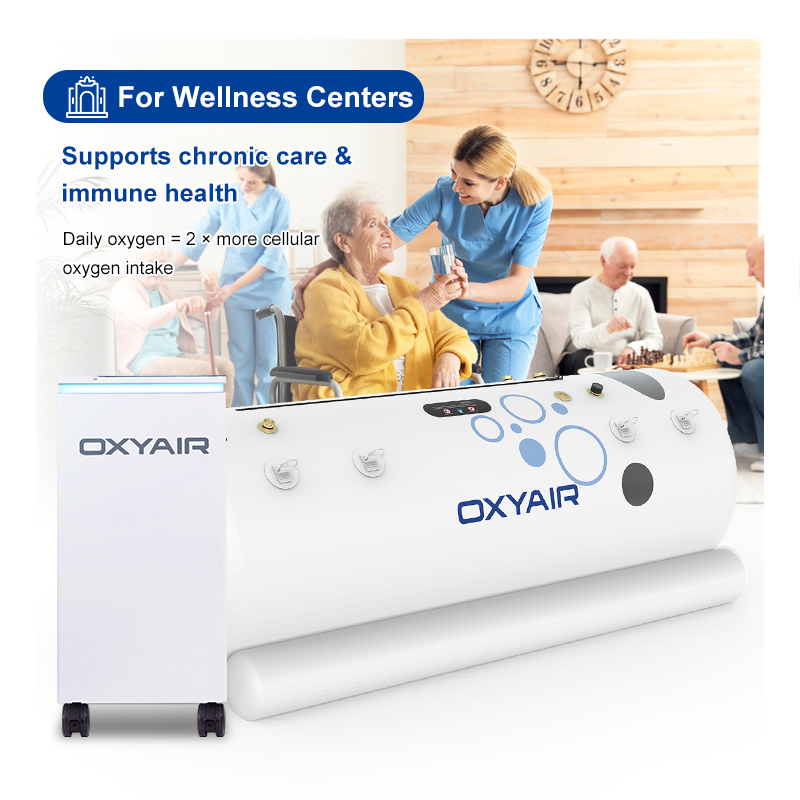
Summary: Hyperbaric oxygen therapy is an adjunctive treatment worth trying
Although HBOT has not yet become the first-line standard therapy for dementia, its role in improving cerebral oxygenation and promoting neural repair has been confirmed by several clinical and animal experiments.
For patients with mild-to-moderate dementia, especially individuals in the window of early intervention, HBOT may provide substantial benefits, slowing cognitive deterioration and improving quality of life.
If you are looking for an innovative, safe, and non-invasive adjunctive treatment option, it is recommended to consult with a healthcare professional about the suitability of HBOT. Under the right conditions, it may offer new hope for dementia.

